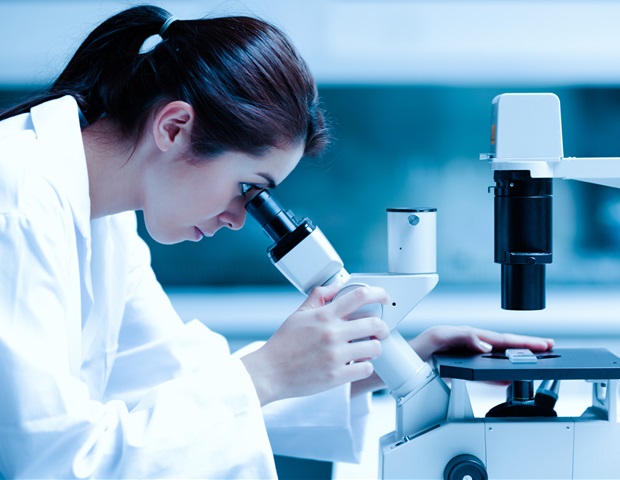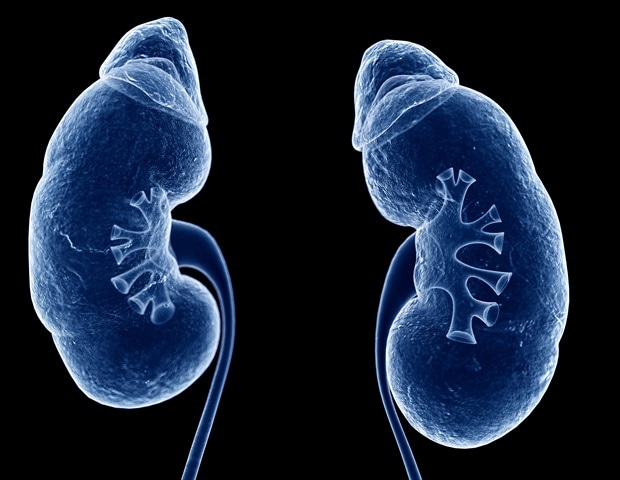Microorganisms will have to be ‘weaponized’ to stave off conflicts around the globe, consistent with a staff of eminent microbiologists.
The paper ‘Weaponising microbes for peace’ via Anand et al, outlines the techniques by which microbes and microbial applied sciences can be utilized to take on world and native demanding situations that might in a different way result in warfare, however warns that those sources had been critically underexploited so far.
Professor Kenneth Timmis, Founding Editor of AMI journals Environmental Microbiology, Environmental Microbiology Reviews and Microbial Biotechnology, says that international deficits and asymmetries in fundamental sources and services and products regarded as to be human rights, equivalent to ingesting water, sanitation, wholesome vitamin, get right of entry to to fundamental healthcare and a blank setting, may end up in festival between peoples for restricted sources, tensions, and in some instances conflicts.
There may be an pressing want to scale back such deficits, to stage up, and to guarantee provision of fundamental sources for all peoples. This may additionally take away probably the most reasons of conflicts. There may be a variety of tough microbial applied sciences that may give or give a contribution to this provision of such sources and services and products, however deployment of such applied sciences is severely underexploited.”
Professor Kenneth Timmis, Founding Editor of AMI journals Environmental Microbiology, Environmental Microbiology Reviews and Microbial Biotechnology
The paper then lists a sequence of the way by which microbial applied sciences can give a contribution to demanding situations equivalent to meals provide and safety, sanitation and hygiene, healthcare, air pollution, power and heating, and mass migrations and overcrowding. As an example, microbes are on the core of efforts to take on air pollution via bioremediation, changing chemical strategies of treating ingesting water with metalloid conversion methods, and generating biofuels from wastes.
“There may be now a determined want for a made up our minds effort via all related actors to broadly deploy suitable microbial applied sciences to scale back key deficits and asymmetries, specifically a few of the maximum prone populations,” Professor Timmis stated..
“No longer most effective will this give a contribution to the advance of humanitarian stipulations and levelling up, and thereby to a discount in tensions that can result in conflicts, but additionally advance growth in opposition to attainment of Sustainable Building Targets,” he stated. .
“On this paper, we draw consideration to the big variety of tough microbial applied sciences that may be deployed for this objective and the way sustainability may also be addressed on the identical time. We should weaponise microbes for peace.”
The editorial is printed in Microbial Biotechnology, an Implemented Microbiology World e-newsletter, on March 7 2023.
Advisable movements to enforce related microbial era answers to deficits
We want to urgently provide to communities missing ok ranges of fundamental sources/services and products the infrastructure and expertise (capability construction), and investment for
-
use of agrobiologics to extend crop yields, via offering inexperienced nitrogen, stimulating plant enlargement, and combatting pathogens and pests,
-
exploitation of plant:microbe partnerships to fortify soil well being and enforce regenerative agriculture,
-
advent of nutritious fermented meals from in the community to be had plants,
-
higher use of microbes within the feed and meals provide chains,
-
manufacturing of microbial meals for people and livestock,
-
ingesting water manufacturing and high quality safeguarding,
-
waste remedy with useful resource restoration,
-
advent of modular DIY virtual scientific centres,
-
manufacturing of vaccines and drugs,
-
bioremediation and biorestoration of our surroundings typically and herbal ecosystems specifically, to create more healthy habitats and advertise biodiversity
-
aid of greenhouse gasoline manufacturing and shooting carbon,
-
manufacturing of biofuels,
-
advent of native employment alternatives related to the above,
-
building of transdisciplinary approaches, the use of chemistry-related, computation applied sciences, psychology-related and different approaches which are synergistic to microbial answers and
-
training in societally related microbiology
Supply:
Magazine reference:
Anand, A., et al. (2023) Weaponising microbes for peace. Microbial Biotechnology. doi.org/10.1111/1751-7915.14224.
Supply By way of https://www.news-medical.web/information/20230310/Weaponizing-microbes-to-stave-off-conflicts-across-the-globe.aspx




